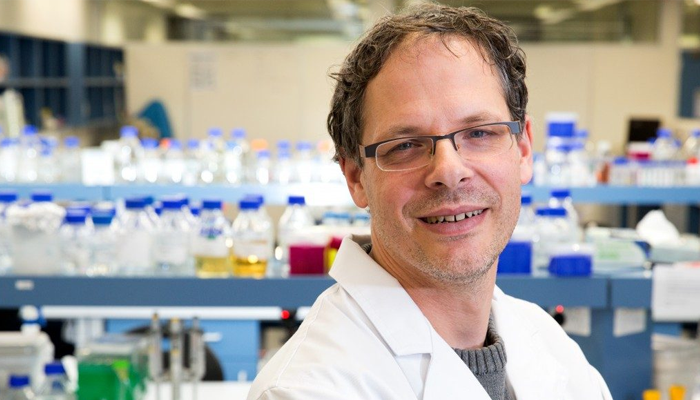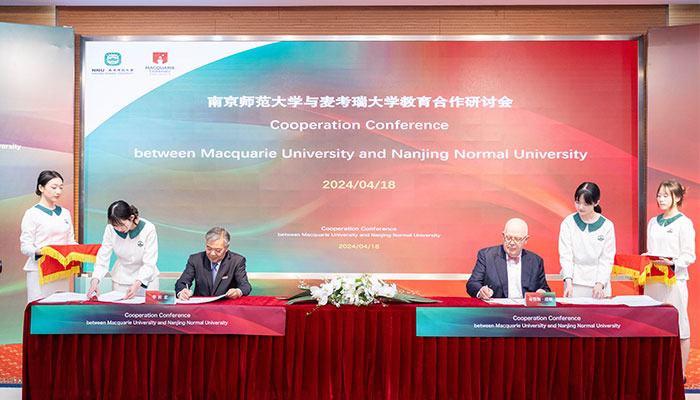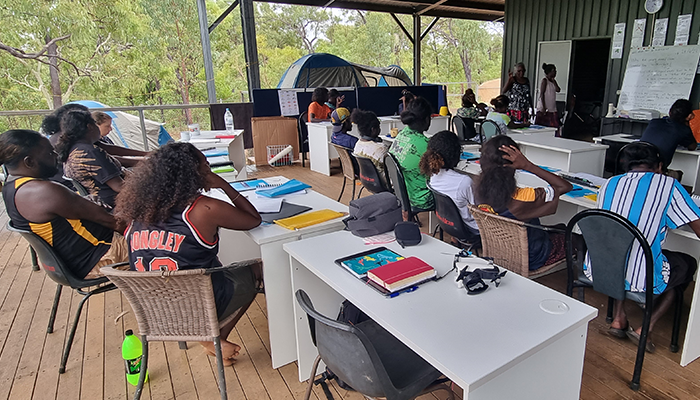He joins an extremely select group – since its inception in 1954 there have been around 850 Fellows elected to the AAS, and there are fewer than 600 current Fellows.
New Fellows are elected on the basis of their scientific achievement, national and international profile, and leadership, mentorship, promotion of science and potential to advance the work of the Academy.
Professor Paulsen is the Director of the ARC Centre of Excellence in Synthetic Biology (CoESB), based at Macquarie University.
The CoESB is an international collaboration between nine Australian universities and 25 partners to form one of the largest collaborative efforts in synthetic biology in the world.

The centre provides technical innovation that helps Australia develop its bioeconomy, supporting the country’s agricultural sector.
CoESB work is focused on combining engineering with molecular biology in a new approach to the design of synthetic microbes. This enables the development of custom-designed microbial communities, that serve as molecular factories, converting biological material that currently go to waste into useful products, such as biofuel, bioplastics and other high-value chemicals.
The team has already developed synthetic yeast which can grow on methanol, instead of the sugar it normally thrives on. This means that the feedstock for biofactories can be sourced from municipal and industrial waste streams.
Using scientific research to help to solve pressing problems facing humanity is a recurring theme in Professor Paulsen’s career. Prior to joining Macquarie University, he spent more than a decade on the USA, as a researcher in microbiology. His research concentrated on drug resistant superbugs, a specialisation that is informing and helping to develop new treatment regimes for pathogenic bacteria.
He sees his election to the AAS as another way of being involved with problem solving. He says, “I’m very excited to be made a Fellow of the Academy, it’s a great honour, and also an opportunity to contribute to scientific policy in Australia”.



